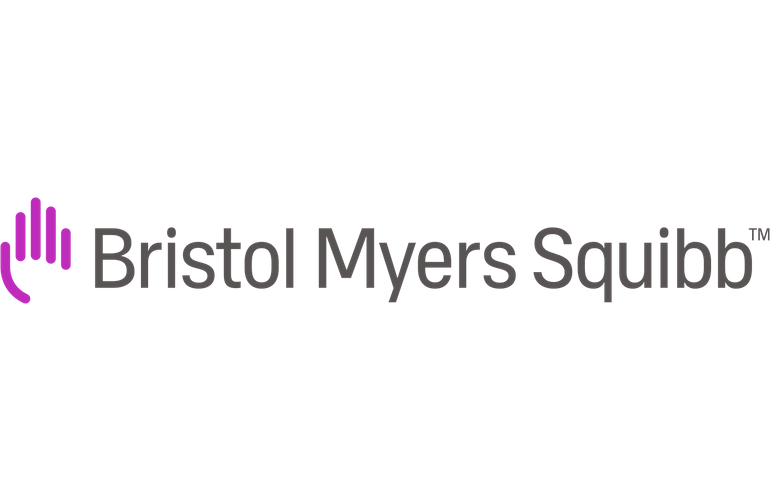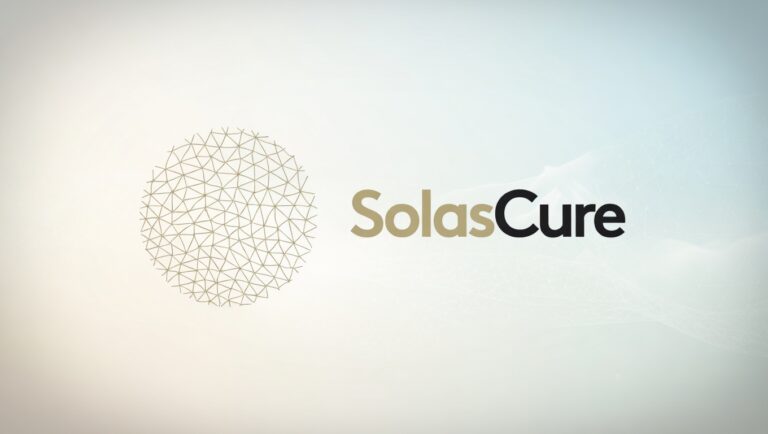
FDA Accepts Bristol Myers Squibb’s Application for Opdivo® + Yervoy® in MSI-High or MMR-Deficient Cancer
Bristol Myers Squibb (NYSE: BMY) recently announced that the U.S. Food and Drug Administration (FDA) has accepted its supplemental biologics license application (sBLA) for Opdivo® (nivolumab) combined with Yervoy® (ipilimumab) as a potential first-line treatment for adults and pediatric patients aged 12 and older with unresectable or metastatic microsatellite instability-high (MSI-H) or mismatch repair deficient (dMMR) colorectal cancer (mCRC). The FDA has granted Breakthrough Therapy Designation and Priority Review status to the application, with a Prescription Drug User Fee Act (PDUFA) goal date set for June 23, 2025.
Dana Walker, M.D., M.S.C.E., vice president and Opdivo global program lead at Bristol Myers Squibb, expressed optimism about this milestone, stating, “Today’s milestone brings us one step closer to providing an effective dual immunotherapy treatment option to adult and pediatric patients with MSI-H or dMMR metastatic colorectal cancer. We look forward to potentially bringing a new standard of care treatment option to this patient population.”
This submission is based on the results of the Phase 3 CheckMate -8HW study, which demonstrated that the combination of Opdivo and Yervoy met the dual primary endpoints. These endpoints included progression-free survival (PFS) compared to the investigator’s choice of chemotherapy in the first-line setting and PFS compared to Opdivo monotherapy across all lines of therapy, as assessed by Blinded Independent Central Review (BICR).
Initial results were first presented at the 2024 American Society of Clinical Oncology (ASCO) Gastrointestinal Cancers Symposium, with further data shared at the 2025 ASCO Gastrointestinal Cancers Symposium. The combination’s safety profile was consistent with prior data, showing that it was manageable with established protocols and without new safety signals. Ongoing studies are assessing secondary endpoints, including overall survival.

Opdivo plus Yervoy was previously approved by the FDA in July 2018 for adult and pediatric patients aged 12 and older with MSI-H or dMMR mCRC that had progressed after treatment with fluoropyrimidine, oxaliplatin, and irinotecan. Additionally, in December 2024, the European Union approved the combination for first-line treatment of adult patients with MSI-H or dMMR unresectable or metastatic CRC, and the China National Medical Products Administration (NMPA) granted approval for the same indication in October 2024.
Bristol Myers Squibb extended its gratitude to the patients and investigators involved in the CheckMate -8HW clinical trial, emphasizing their role in advancing cancer treatment.
About the CheckMate -8HW Study
CheckMate -8HW (NCT04008030) is a Phase 3 randomized, open-label trial that evaluates the efficacy of Opdivo plus Yervoy compared to Opdivo alone or investigator’s choice of chemotherapy (mFOLFOX-6 or FOLFIRI with or without bevacizumab or cetuximab) in patients with MSI-H or dMMR unresectable or metastatic colorectal cancer.
The trial enrolled 839 patients who were randomized to one of three groups: Opdivo monotherapy (Opdivo 240 mg every two weeks for six doses, followed by Opdivo 480 mg every four weeks), Opdivo plus Yervoy (Opdivo 240 mg plus Yervoy 1 mg/kg every three weeks for four doses, followed by Opdivo 480 mg every four weeks), or investigator’s choice of chemotherapy. The dual primary endpoints of the trial are PFS per BICR for Opdivo plus Yervoy compared to chemotherapy in the first-line setting and PFS per BICR for Opdivo plus Yervoy compared to Opdivo monotherapy across all lines of therapy.
About dMMR or MSI-H Colorectal Cancer
Colorectal cancer (CRC) is a cancer that develops in the colon or rectum, which are part of the body’s gastrointestinal system. It is the third most commonly diagnosed cancer worldwide, with an estimated 1.93 million new cases in 2020. CRC is the second leading cause of cancer-related deaths. Mismatch repair deficiency (dMMR) happens when proteins that repair errors in DNA replication are absent or nonfunctional, leading to microsatellite instability-high (MSI-H) tumors. About 5-7% of metastatic CRC patients have dMMR or MSI-H tumors, and these patients often have poor prognoses and are less likely to respond to conventional chemotherapy.
About Opdivo
Opdivo is a programmed death-1 (PD-1) immune checkpoint inhibitor designed to help restore the body’s immune response to fight cancer. By enhancing the immune system’s ability to detect and destroy cancer cells, Opdivo has become a significant treatment for multiple cancers. Since its approval in July 2014, Opdivo has become available in over 65 countries and is part of an ongoing global development program. Opdivo has been evaluated in clinical trials involving over 35,000 patients, contributing to insights into the role of biomarkers in patient care and treatment decisions.
About Yervoy
Yervoy is a human monoclonal antibody that targets CTLA-4, a negative regulator of T-cell activity. By inhibiting CTLA-4, Yervoy increases T-cell activation and proliferation, which enhances the body’s anti-tumor immune response. Yervoy was first approved by the FDA in March 2011 for the treatment of unresectable or metastatic melanoma. It is now approved for use in more than 50 countries and is being studied in an ongoing global development program across multiple tumor types.
Both Opdivo and Yervoy represent leading immuno-oncology therapies, and their combination has shown significant promise in treating various cancers, including metastatic colorectal cancer.




